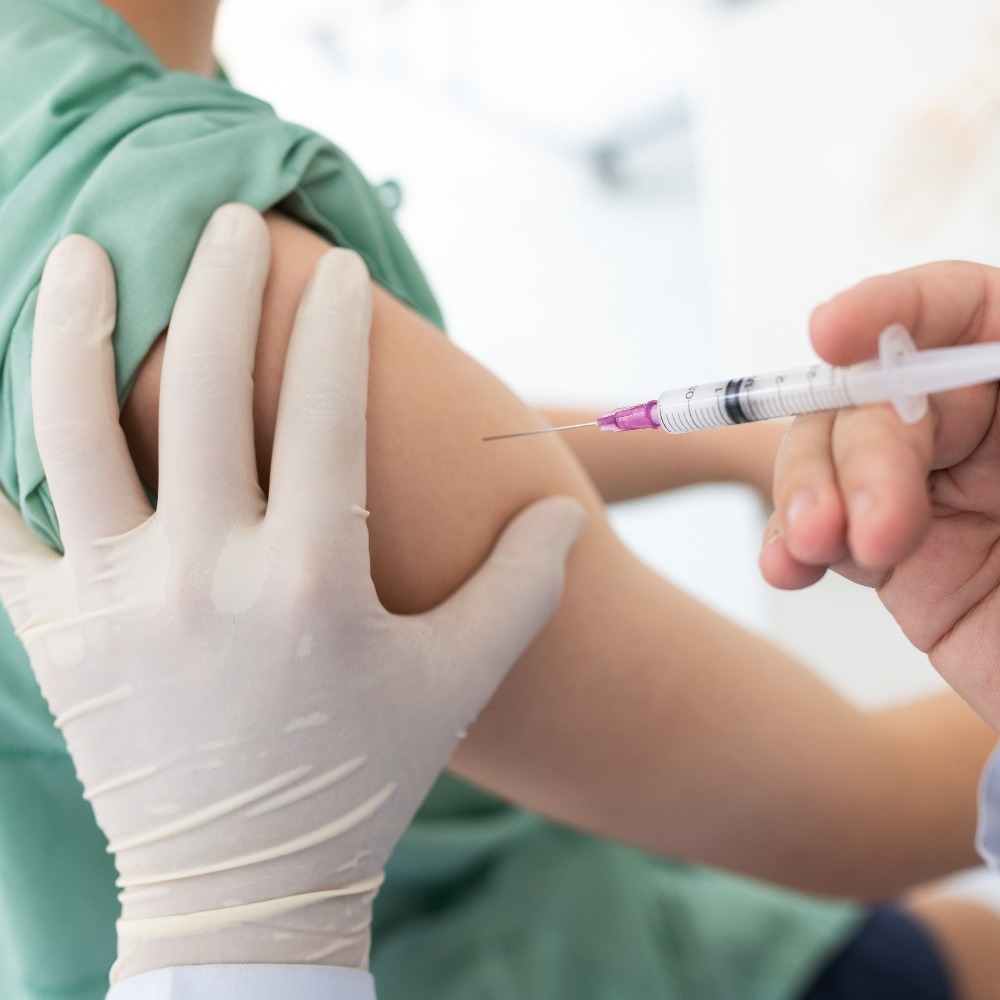News headlines, alerts, social media posts, and organizational recommendations- chances are you’ve heard the term “Delta variant”. But what does this new COVID-19 strain mean for you and your family? What can we do to stop the spread? How concerned should you be? We break down your most pressing questions with the help of Dr. Peter Mikkelsen, MD from Pullman Regional Hospital’s Emergency Department.
Why is the Delta variant more contagious?
The Delta variant is such a concern because it grows far more rapidly inside the respiratory tracts, and to much higher levels than previous strains. On average, people who are infected with the Delta variant have about 1,000 times more copies of the virus in their system than those with the original strain of the virus.
To put this heightened risk of contagion into perspective, Dr. Mikkelsen offers the following example: “Someone with the original strain of COVID-19, on average, spreads it to 2.5 people. Someone with the Delta variant spreads it to 4”. This increased rate of spread means that more people can get sick from one person- making social distancing and quarantining when infected an absolute necessity.
What are the symptoms of the Delta variant?
The symptoms of the Delta variant appear to be very similar to the original SARS-CoV-2 virus. These symptoms include fever or chills, new or worsening cough, muscle or body aches, fatigue, shortness of breath, and new loss of taste or smell.
Dr. Mikkelsen points out that research of patients in Great Britain infected with the Delta variant showed less loss of smell and cough, but more headache, sore throat, runny nose, and fever.
It’s important to note any changes in your health and the development of any of the above symptoms. If you are concerned you may have been exposed to COVID-19, it is extremely important that you seek testing, practice social distancing and mask wearing, and remove yourself from public gatherings and close contacts.
Can a COVID-19 test determine the variant?
Seeking a COVID-19 test through your doctor, a clinic, or a hospital will tell you if you are positive or negative for the virus. The Washington State lab checks all the positive tests to see which variants are predominant and which areas they came from. The Delta variant is becoming more prominent in the region and experts, like Dr. Mikkelsen, expect it to cause the majority of new infections.
What does the Delta variant mean for vaccinated individuals?
Vaccinated individuals continue to be well protected, even with the rise of the Delta variant. Vaccinated individuals are less likely to come down with severe or critical COVID-19 illness (hospitalization and death).
Vaccinated individuals are still able to be infected with COVID-19, especially the Delta variant, but their illness is mild compared to unvaccinated people. Dr. Mikkelsen notes that “almost all of the hospitalizations, including ICU hospitalizations, are for patients who are unvaccinated for COVID-19”.
Will new variants continue to arise?
Experts expect that mutations, which result in variants, will continue to occur. It’s important to note that mutating is a normal behavior for viruses as they evolve over time.
What can we do to slow or stop the spread?
Vaccination is the key to slowing the spread of the virus, as well as new strains from arising. The development and availability of booster vaccines will contribute to protecting vaccinated individuals as well- more information about booster vaccines should be available in the coming months.
If you think you’ve been exposed to the COVID-19 virus, testing options are available.
Haven’t received your COVID-19 vaccine yet? All Washington residents age 12 and older are eligible to receive a vaccine. Schedule an appointment today.
You may also enjoy:
